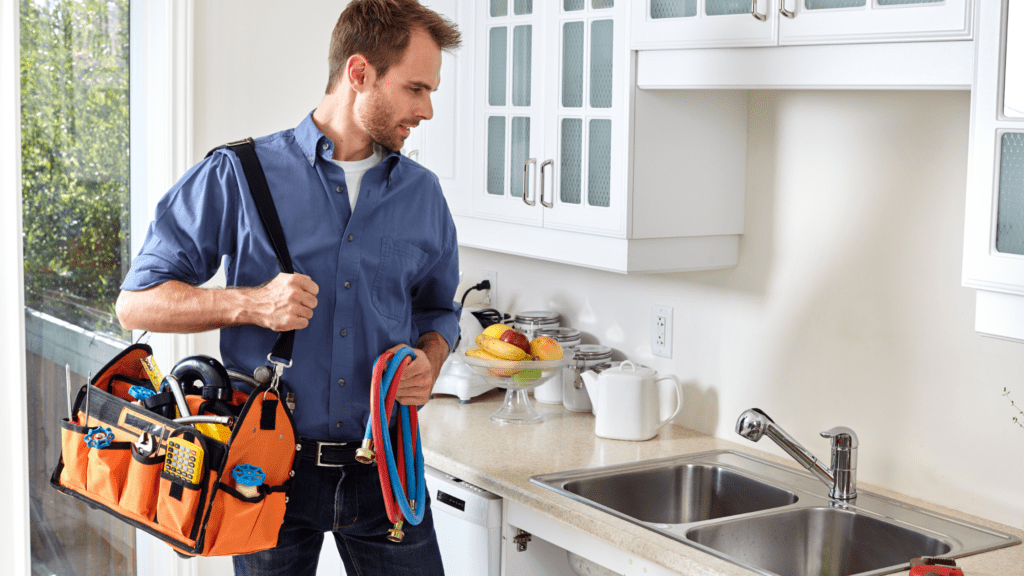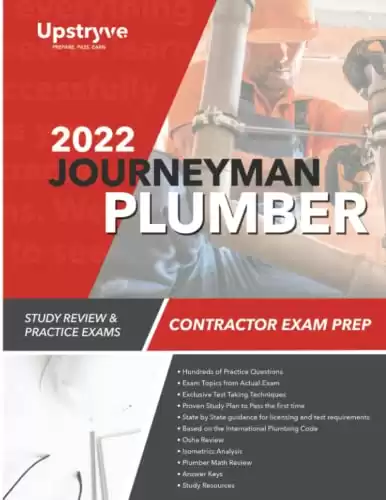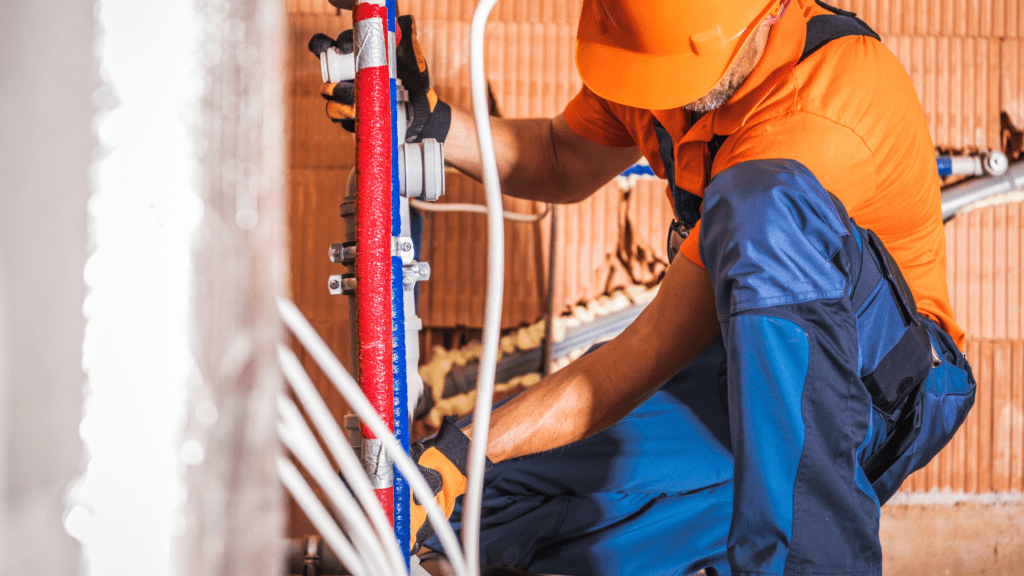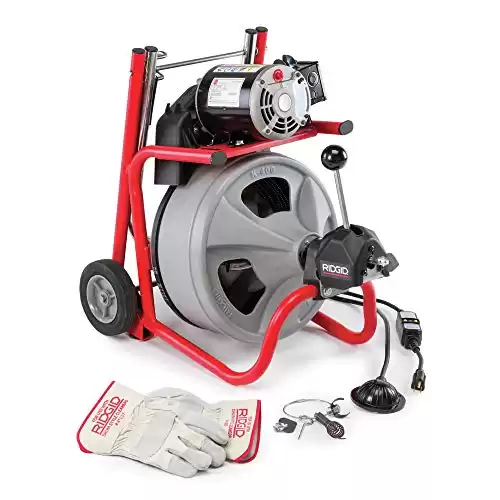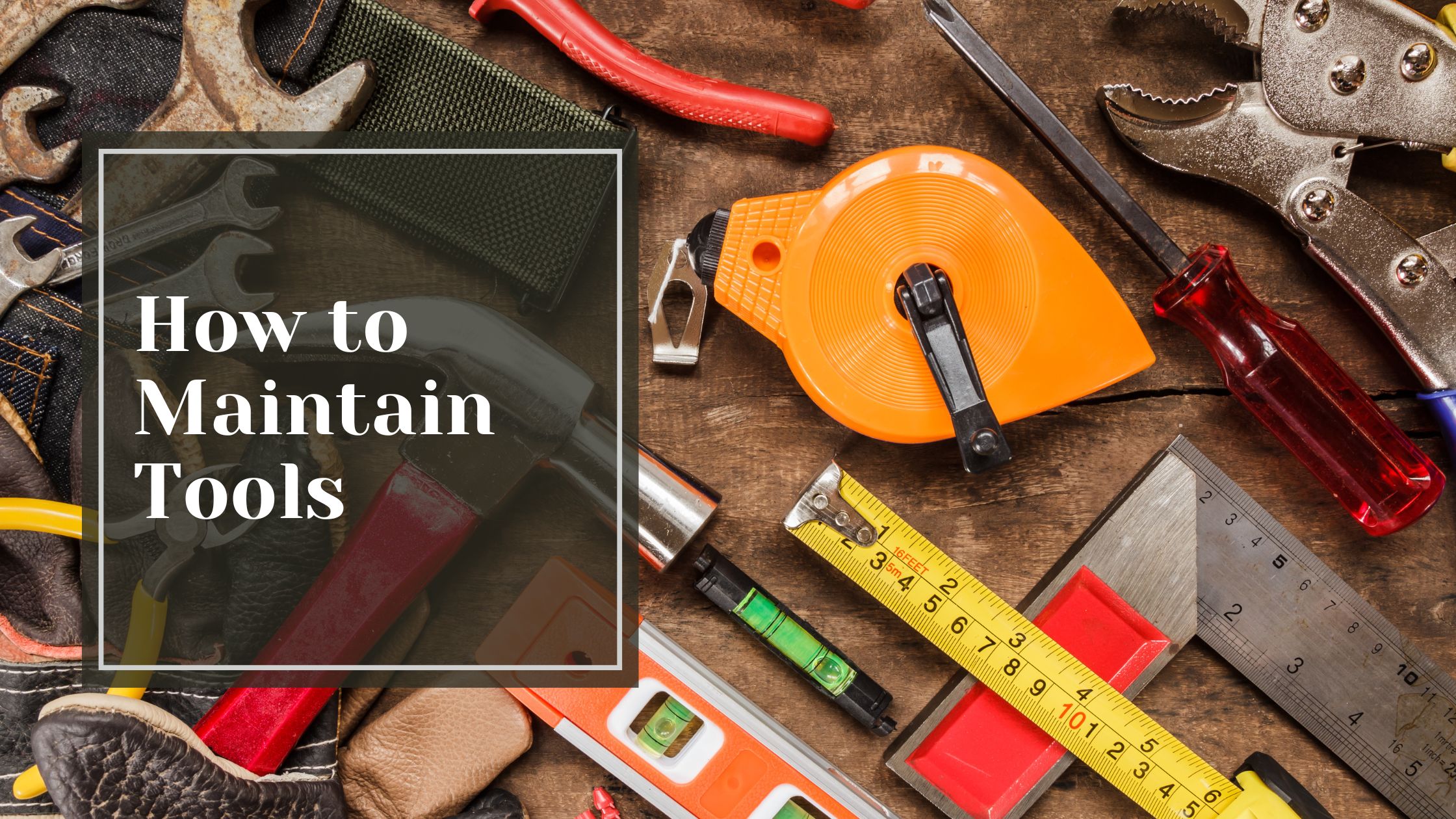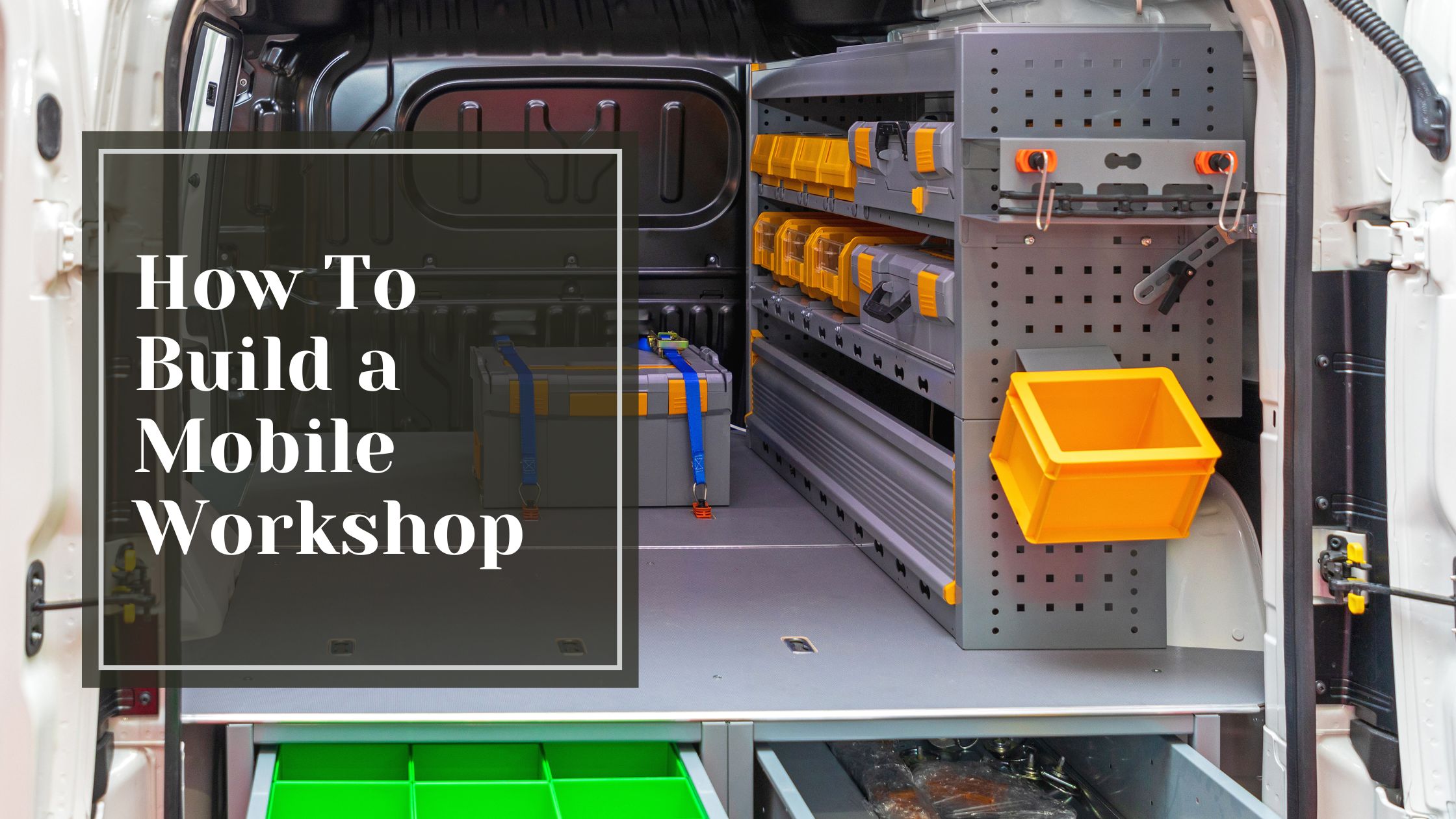Plumbing is a truly essential trade. From fixing leaky faucets to installing complex piping systems, plumbers play a vital role in maintaining our homes, businesses, and communities. Job security is (and will always be) very high; the world can’t run without plumbers!
Table of Contents
ToggleIf you have an aptitude for problem-solving, enjoy working with your hands, and desire a career that offers stability and job satisfaction, becoming a plumber may be the perfect fit. Here we will guide you through the 5 steps to embark on this fulfilling career path.
Step 1: Research How to Become a Plumber
Before delving into any career, it’s important to familiarize yourself with the basics of plumbing and the industry – its demands and the career opportunities it offers. Understand the nature of the work involved, the challenges you may face, and the certifications required to give yourself an accurate picture of what it will be like before diving in. It’s essential to assess your interests, goals, and passion for these things to make sure they line up for you!
Step 2: Education and Training to Becoming a Plumber
Many individuals enter the plumbing trade through on-the-job training as a journeyman apprentice, but completing a formal education program is also an excellent option. It can significantly enhance your prospects and knowledge. Look into vocational schools, community colleges, or trade programs that offer plumbing courses. These programs cover plumbing systems, pipefitting, blueprint reading, safety protocols, and local plumbing codes. The more you know, the more valuable you are, and the better plumber you will be!
Start using resources like the Journeyman Plumber Exam Study Guide to expedite your knowledge of the trade.
Step 3: Gaining Practical Experience in Your Plumbing Career
Hands-on experience is invaluable in all trades, and plumbing is no exception. Seek apprenticeship opportunities with licensed plumbers or plumbing companies. Apprenticeships provide a structured learning environment where you can work under the guidance of experienced professionals, acquire practical skills, and gain a deeper understanding of the trade. Many apprenticeship programs combine on-the-job training with classroom instruction, gradually increasing your responsibilities as you progress. The time as a journeyman apprentice may vary, but it is generally around four years for most people.
Step 4: Advancing Your Plumbing Career with Licensure and Certifications
Becoming licensed is a crucial step in establishing your credibility and expertise. Licensing requirements vary by location, so research your local regulations to determine the specific criteria you must fulfill. In general, obtaining a plumbing license involves meeting certain educational requirements, completing a designated number of work hours, and passing an exam. Consider pursuing certifications such as backflow prevention or green plumbing, which can broaden your skill set and make you more marketable. Completing additional certifications makes you a greater asset, allowing you to perform jobs that others can’t.
Step 5: Continued Learning and Professional Development
The plumbing industry constantly evolves with new technologies, materials, and practices emerging. Stay current with the latest advancements by participating in continuing education courses, workshops, and industry conferences. Engage with professional organizations, network with fellow plumbers, and stay informed about emerging trends to stay ahead of the curve. Staying well-versed in new developments allows you to enhance your expertise and seize growth opportunities.
Advanced Step: Start Your Own Plumbing Business!
You can always continue working for a licensed company, as many do with the company that helped them get their license in the first place. But if you aspire to be an entrepreneur and want to manage your own business, starting your own might be for you! Once you’ve acquired sufficient experience and knowledge, consider taking your skills to your plumbing company. The work and rewards involved are equally impressive, so carefully consider the responsibilities beforehand. Running a business entails additional things like financial management, marketing, customer service, and growing a customer base – so be prepared to invest serious time and effort into building your enterprise.
Invest in the RIDGID 26998 Model K-400 Drain Cleaning Machine. This powerful kit includes a C-45IW 1/2" x 75' cable, ideal for tackling tough clogs and blockages. Elevate your services and stand out in the industry with this reliable tool.
How to Become a Plumber: Timing Your Path to Success
Becoming a plumber is a rewarding career choice that offers stability, job satisfaction, and a valuable service to the community. Following the steps outlined above, you can embark on a path leading to a fulfilling and successful future in the plumbing trade. Remember, a commitment to lifelong learning, professionalism, and quality workmanship will set you apart in this essential field. So, take the plunge, equip yourself with the necessary skills, and let your journey to becoming a plumber begin!
Frequently Asked Questions
How Can I Become a Pipefitter?
To become a pipefitter, consider exploring vocational schools, apprenticeship programs, or trade courses specializing in pipefitting. Gain practical experience through apprenticeships and pursue relevant certifications to enhance your expertise in this specialized field.
What Are the Duties and Responsibilities of a Plumber?
Plumbers are skilled professionals responsible for installing, repairing, and maintaining plumbing systems. Their duties include fixing leaks, installing pipes, ensuring proper water flow, and adhering to safety regulations.
How Long Does It Take to Become a Plumber?
The timeline to become a plumber can vary depending on factors such as education, training, and individual circumstances. On average, it may take around four years to complete an apprenticeship and become a licensed journeyman plumber.
How Can I Become a Better Plumber?
Continuous learning and skill development are essential for becoming a better plumber. Stay updated on industry trends, technologies, and best practices through continuing education courses, workshops, and professional development opportunities.
Is It Possible to Start a Plumbing Career at 30?
Absolutely! Age should not be a barrier to pursuing a career in plumbing. Many individuals embark on their plumbing journey later in life and find success in the field. Explore education and apprenticeship options tailored to your needs, and leverage your life experience to excel as a plumber.


